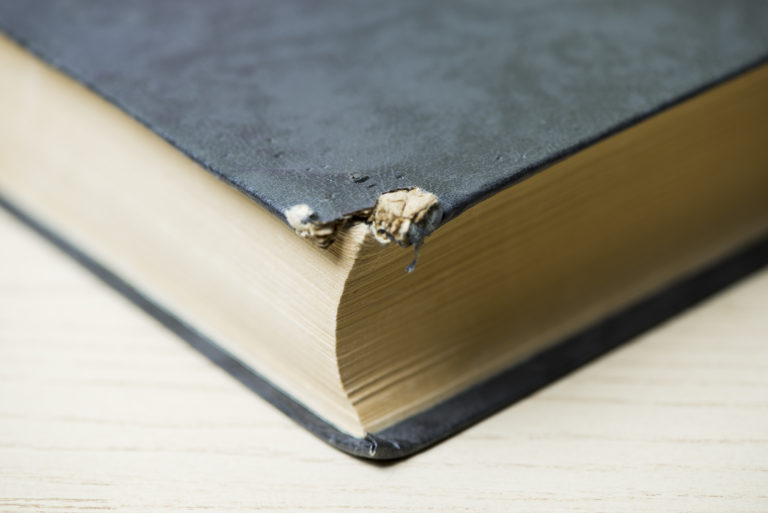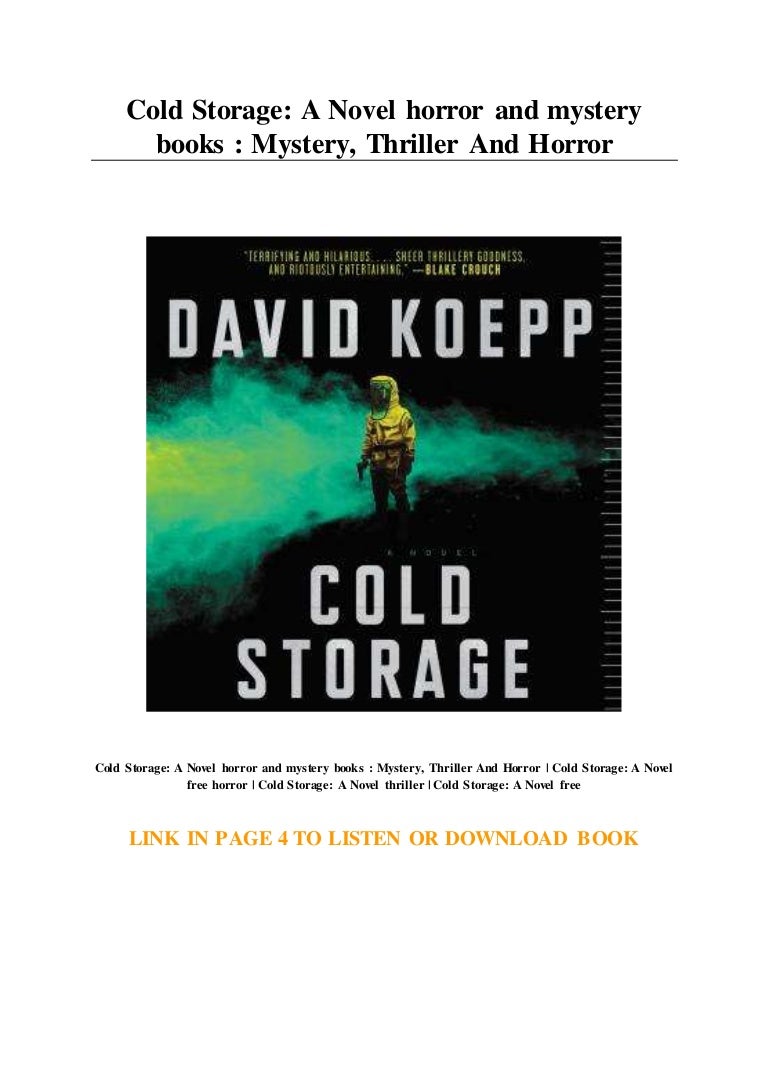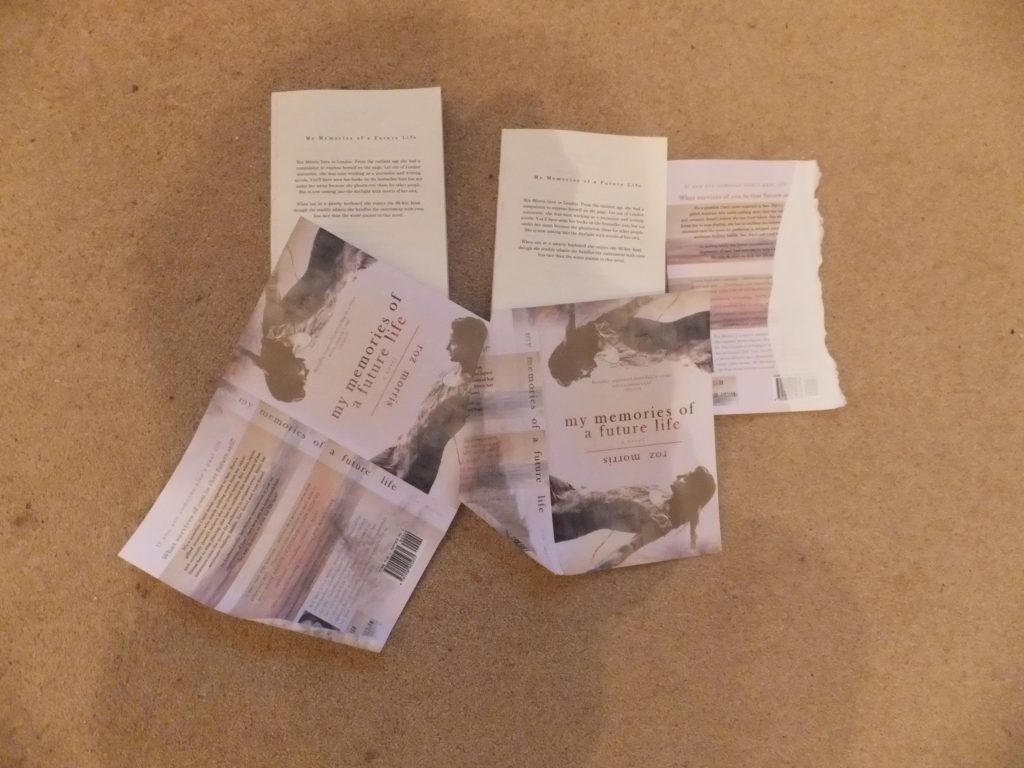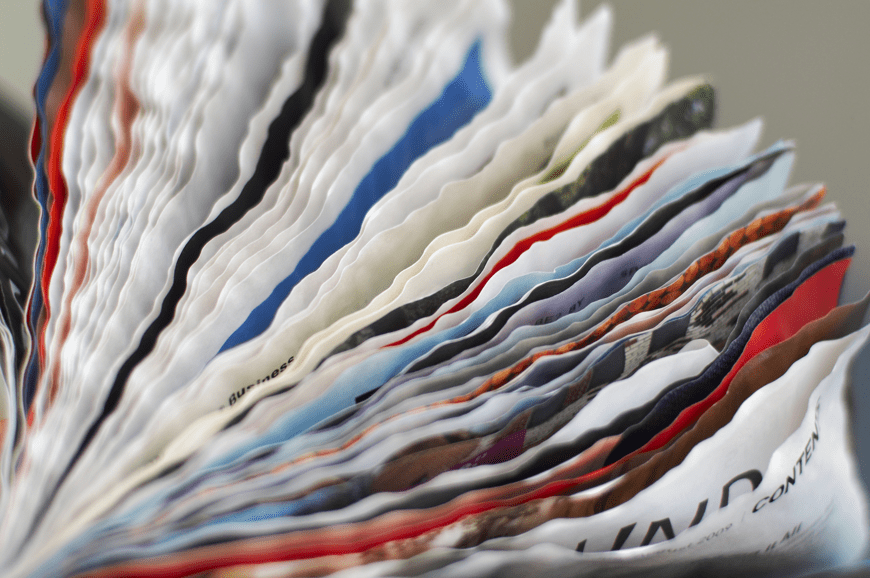
A MUST READ Cold Inside Cold, Told you so, Books to read
Q: Does stacking books damage them? A: Books can be damaged if stacked poorly. However, a great way to avoid damage when arranging or organizing books for storage is to place bubble wrap or acid-free paper between books. These materials can also be used to fill any extra space within your storage containers or archive boxes.

Discussion of Cold Damage (Shang Han Lun) Herbs & Touch
Good ventilation goes a long way. Silica gel can help to reduce this issue, colour changing gel helps you know if there is moisture trapped within your containers. >> Bookcase with doors. Same with storage in plastic containers, the key is to open the doors frequently to allow good air circulation. >> Ziplock bags.

*FREE* COLD JUSTICE BOOKS 13 Toni Anderson
Use wrapping or a storage box. If preservation is your main goal, consider placing archival wrapping —similar to the plastic film on library copies—on books with jackets, particularly any first editions. This not only the book, but also the jacket, says Melching. A conservation-standard (also sometimes referred to as archival-quality) box.

How To Find The Value Of Old Books BookScouter Blog
Store comic books in preservation storage boxes that are right size for issues. Do not over fill the boxes. Handle with Care Don't use paper clips, rubber bands, staples, marking pens, or highlighters all can stick, stain, deform, or otherwise damage comic book issues. Handle gently. Wash and dry hands often, and use two hands

Help Stop Book Damage University of London
According to the National Library of Scotland, the ideal temperature for book storage is 60 to 66 degrees F, and the ideal humidity is 45% to 60%. Storing Books. Be sure you don't shove your old books in too tightly on the shelves. The pressure isn't good for the spines and you might damage them when you try to pull them out.

The Dead Cold Series 2124 (Dead Cold 2124) by Blake Banner
A worksheet on preventive care. Preventive Care of Book Collections. With proper care, books can last for centuries—but they are also fragile. In The Inheritance of Loss, novelist Kiran Desai (2006) provides a vivid reminder of what can happen to books in an uncontrolled environment:. The Gymkhana library was a dim morguelike room suffused with the musk, almost too sweet and potent to bear.

Cold Storage A Novel horror and mystery books Mystery... Thriller
Floods, Fires and Humidity: How Climate Change Affects Book Preservation. As extreme weather events become more common, archivists and conservators are scrambling to protect their collections. 18.

Read online “Out of the Cold” FREE BOOK Read Online Books
Pack the books in an acid-free cardboard box. Wrap that box in insulation (or use crumpled newspaper if cost is a concern) Place the smaller box, wrapped in insulation, inside a larger box. Seal the larger box. The larger box can be either cardboard or plastic (plastic if leaking is a possible concern. Thought I'd share!

What to do with damaged books SelfPublishing Advice Center
Both heat and cold can damage books, which is why garages, storage sheds, attics and basements are usually bad places to keep books. Do books get damaged in cold? Heat accelerates damage, causes permanent distortion, cracking, change of sheen and melting of adhesives and paint. In addition, insects reproduce faster and eat more at higher.

I'm at the fabulous Laura Hilton's blog today talking about Cold Fear
6. Avoid opening the book widely, as this can cause damage to the spine. Open the book only as wide as necessary to comfortably read the book. 7. Carefully turn the pages, avoiding wrinkling or dimpling the paper when doing so. 8. Take care not to wrinkle or otherwise damage the dust jacket; it represents a large portion of the book's value. 9.

Cold Case Book by Julia Platt Leonard Official Publisher Page
These extremes should be very rare occurrences and you should not normally need to be worried about them. Once you have separated out your special items which will require separate temperatures or environmental conditions for storage, a general guideline number for book storage temperature can be 64-72°F (18-22°C) or " room temperature or.

Can I Catch a Cold from the Cold? A Children's Disease Book (Learning
Remember; however, that light can cause damage and bleaching, so bring in your books after an hour in the sun. You can dry a damp book completely by sprinkling cornstarch between the pages and letting it sit in a plastic bag or box for a couple of hours. The cornstarch will absorb the excess moisture. When you remove the book, use a soft brush.

How to Fix Water Damaged Books ServiceMaster Restore®
DO's: Store your books in plastic bins or boxes with lids that seal tightly. Use acid-free paper or cardboard to wrap your books individually before placing them in the bins or boxes. Label the bins or boxes with the contents and date of storage for easy retrieval. Use a dehumidifier or moisture absorber to keep the humidity level below 50%.

The Best Books on the Cold War Five Books Expert
For instance, most people are uncomfortable in a cold, dark, damp basement, or a hot, dry attic, and both of these areas would also be a poor storage environment for books.. · Water can permanently damage books. Even minor improvements can have a lasting effect on your collections; simply moving books a few feet away from the direct.

What does cold damage look like on plants? YouTube
The biggest problem is during the winter in the cold. It can get reasonably cold (but rarely down to, say, minus 5 outside at night). One wall of the garage is the side of the house so some warmth will get through. It doesn't freeze up in the garage but it does feel cold.

damagedbooks21 You Should Like Type Too
Acids also form in paper by the absorption of pollutants -- mainly sulfur and nitrogen oxides. Book leaves that are more brown and brittle along the edges than in the center clearly illustrate this absorption of pollutants from the air.. (damage by light) and oxidative degradation. Photodegradation appears to progress more severely and.